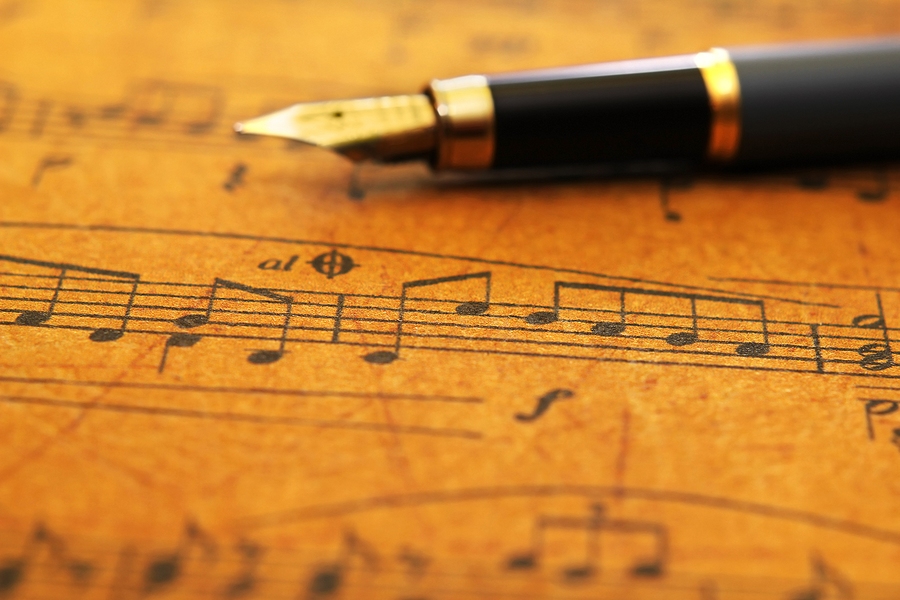
January 18, 2024

Source: BIgstock
The magical embroidery of memory is not involved in this one: I remember it as if it were yesterday, despite something like sixty years having gone by. I had had dinner at El Morocco, the best dinner-nightclub that has ever been, back when New York still spoke English. I had drunk Chateau Mouton Rothschild 1947 and had gone back to my parents’ apartment at the Sherry Netherlands and lay in bed drunk and dreamy. I had turned on the radio to an FM station and heard Beethoven’s Fifth. At its conclusion, the host whose name I think was Watson took a call from a listener. “I think you play Beethoven’s Fifth a bit too much, Mister Watson,” said a female upper-class voice. “With all due respect,” answered Watson, “one can never play Beethoven’s Fifth too much,” and he then proceeded to play the Fifth two more times in succession.
People of my age all grew up with music, and by that I don’t mean the noise that now passes for music. And because one’s inner life now consists mainly of memories, they tend to be unspoken. Hence it is universally acknowledged that music is better than words because words can only go so far in explaining music’s magic. Let’s face it: Music awakens the mysteries of the soul, which literature and painting cannot express.
The visual and the written follow the sound in the transmission of feeling, especially when one is in love. And again, by sound I don’t mean the ghastly noise that now passes for music, that horror called rap, so ruthlessly shorn of depth and musicality, not to mention rhythm or charm. Rap is an insult to our aural sense, a crime against nature and the self. Mind you, that brain-jolting cacophony of modern rock, with each “song” indistinguishable from the last, is not much better. Calling these people artists is abuse of language to an intolerable degree.
Let’s take it from the top: There are so many great works in classical music, I find it very hard to list their creators as if they were baseball players whose batting average can be compared. Beethoven, Bach, Brahms, Schumann, Schubert, Haydn, Handel, Mendelssohn, Grieg, Sibelius, Tchaikovsky, Chopin, Wagner, Liszt, Berlioz, Bellini, Rossini, Verdi, Puccini, I could go on, and then there’s a miracle called Mozart, although so many of the above are very close to his genius. Beethoven’s nine symphonies are one of the supreme accomplishments in the history of human endeavor. It is a body of work that can compare with the building of the Parthenon or the Chartres Cathedral, but it is actually beyond meaningful comparison with anything.
Ditto for the rest of these divine composers. Back when they were creating their divine music, the glossy modern instruments today’s orchestras are blessed with did not exist. The period instruments were strained to their limits by the demands of the compositions. Chopin’s demons were dragged out of the piano like the wind howling around the gravestones, said the great pianist Arthur Rubinstein about the Pole’s “Funeral March.” Chopin died soon after he composed it.
Verdi and Wagner were born the same year, and they are opera’s great antipodes. They embody two completely different outlooks on life. That’s why every German city has a Wagnerstrasse and every Italian one a Corso Giuseppe Verdi. Imagine if you can, the effect of the delay between conceiving music in the ear and writing it down without much paper or light to lengthen the working day. No telephone, no secretary, no publicity machine, no backers, no permanent orchestra, nobody but oneself. Yet the piled-up volumes of Mozart’s editions on display in Salzburg measure over six feet high.
But enough about classical highbrow stuff; what about the American boys like Gershwin and Porter? I think they’re just as great as Wolfie and Ludwig, and don’t let any snob tell you different. Gershwin’s “Rhapsody in Blue” is as good as any sound I’ve ever heard, and I’ve heard a lot. And it’s uniquely American. Cole Porter wrote both the music and the lyrics to his songs, his irrepressible talent creating twenty Broadway musicals that typified style, sophistication, and grace, along with deceptively simple melodies that were thought modern but were ingenious and complicated. Porter enchanted audiences like no other, and there were many others.
The golden age of Broadway and Hollywood came about because of people like Richard Rodgers, Oscar Hammerstein, Jerome Kern, Lorenz Hart, Irving Berlin, Johnny Mercer, just to name a few. What gave the songs and music their popularity and their emotional power was the African American jazz that had come before, and pure talent. I had the good luck to be born during the golden age of American popular song, and I remember coming down from boarding school to see plays like South Pacific and Oklahoma! and taking records back to school that we listened to every night while swooning over some blonde actress we had seen on stage.
Oh well, no use reminiscing, it’s too late in the day. Today’s sounds remind me of a butcher chopping up meat. “And if her behavior is heinous, kick her right on her Coriolanus,” wrote the great Cole in “Brush Up Your Shakespeare.” He’d be arrested today for his lyrics. Wolfie, Colie, where are you now that we really need you?